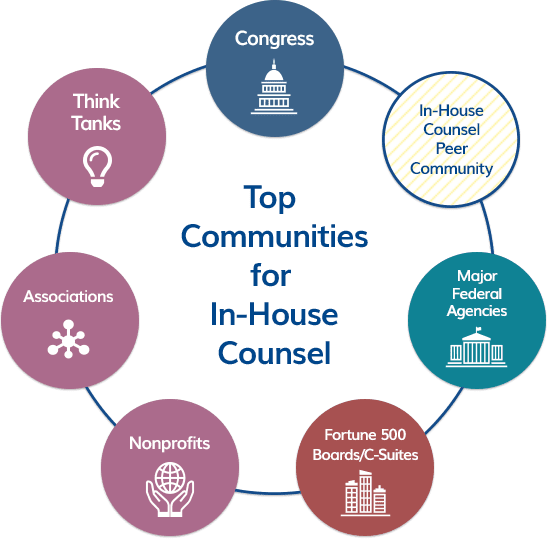Bold Democracy Reforms That Build on H.R. 1
This page will be updated with new policy proposals. This page was last updated on April 10, 2019. The health of our democracy is at a critical inflection point. Americans are demanding far-reaching solutions to return power to the people—and federal lawmakers are beginning to act to do so. Americans believe that political corruption in Washington, D.C., is widespread; that elected officials are not responsive to their needs; and that their voting rights are under concerted attack. With trust in government near all-time lows, Americans want anti-corruption and clean election reforms that will make democracy more accountable to everyday people instead of wealthy special interests and corporations. In response to voters’ demands for reform, on March 8, 2019, the House of Representatives passed the historic “For the People Act” (H.R. 1), and the Senate, shortly thereafter, filed its companion bill. This once-in-a-generation legislation is replete with solutions to help curb the culture of corruption and empower voters. But there are additional game-changing policies—beyond H.R. 1—that merit action from lawmakers.
Read More
Dream/TPS: Cities and Counties Stand to Benefit From the American Dream and Promise Act
While the Trump administration works to restrict immigration to the United States, local elected leaders have stepped up in support of immigrant residents and their families. From setting up legal defense funds that provide representation to immigrants in deportation proceedings to creating immigrant affairs offices that serve as resources to foreign-born residents, they are addressing the on-the-ground reality of governing for all their constituents. Recognizing immigrants’ importance to their communities, more than 175 local elected officials, representing cities and counties of all sizes, have joined the Cities for Action coalition. In its work, the coalition advocates for the federal government to adopt policies supporting immigrants and their families at the national level. H.R. 6, the American Dream and Promise Act, is an example of such a policy. The bill would put certain immigrants—Dreamers, including Deferred Action for Childhood Arrivals (DACA) recipients, as well as those eligible for Temporary Protected Status (TPS) and Deferred Enforced Departure (DED)—on a pathway to citizenship. Many of these immigrants have lived a large proportion of their lives in the United States under some sort of protected status before the Trump administration took office. Dreamers, for example, about one-third of whom remain protected under the DACA program, came to the United States when they were 8 years old, on average, while those eligible for TPS and DED have, on average, lived in the United States since 1997. This column highlights data from the 25 cities and counties with the largest numbers of immigrants eligible for protection under H.R. 6.
Read More
Excess Administrative Costs Burden the U.S. Health Care System
This issue brief provides an overview of administrative expenditures in the U.S. health care system. It first explains the components of administrative costs and then presents estimates of the administrative costs borne by payers and providers. Finally, the issue brief describes how the United States can lower administrative costs through comprehensive reforms and incremental changes to its health care system. Many of the universal health care plans being discussed to expand coverage and lower costs would lower administrative costs through rate regulation, global budgeting, or simplifying the number of payers. Each of these financing changes deserves consideration—even in the absence of major systemwide reform.
Read More







